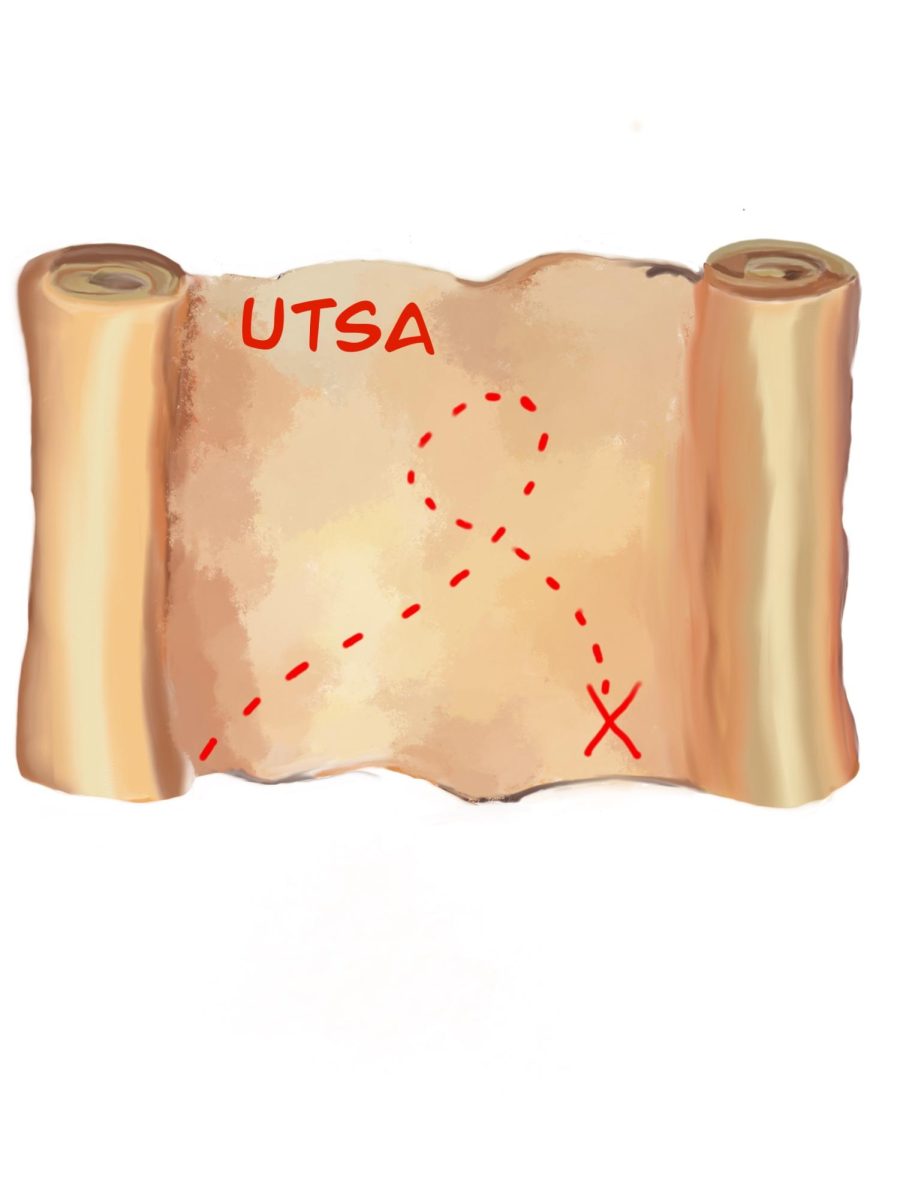It’s coming- that time of the semester when college students look forward to putting finals week behind them. No matter the number of finals a student has, final exam week condenses the stress of the previous 15 weeks into a compact one-week package. At no time during the semester do students use their brains more in a shorter period of time than in that last week.
The kind of food a person eats can have subtle but important effects on how well the brain functions when it’s needed most. Foods to stay away from, even though they may seem to help, are foods high in carbohydrates or other stimulants. They may seem to activate the brain, but they often have side effects that are counterproductive when a person is trying to concentrate. They can make it difficult to focus, and foods high in refined sugar can ultimately lower mental and physical energy levels if the body is having difficulty metabolizing them.
There’s good news, though, if you are willing to pay the ultimate price and part with the potato chips and Twinkies. Some food will actually improve the brain’s ability to function in its full potential during finals week. But whether you’re just trying to pass a test or make an investment in your mental future, the kind of food you eat can make a difference.
A study done by neurologist Gene Bowman at the Oregon Health and Science University in Portland supports the idea that eating certain kinds of food can improve mental function and reduce the chances of neurological disorders later.
Researchers discovered that participants who had higher levels of vitamins B, C, D, E, and omega-3 fatty acids in their blood were less likely to experience brain shrinkage as they aged. On the other hand, participants who had high levels of trans fats (used in margarine, fast food and some processed food) were more likely to suffer from cognitive disorders.
So, what kinds of food should you have nearby when you’re cramming for that final exam? According to the Directory Journal’s Health Journal, there are several foods that are especially effective at improving brain function.
Blueberries are high in antioxidants, which help prevent certain kinds of cellular decay caused by free radicals.
Salmon is rich in omega-3 fatty acids, which improves brain function in the short term and have been found to help prevent Alzheimer’s disease.
Flax seeds also contain high concentrations of fatty acids, which help the brain thrive.
Mixed nuts such as peanuts, walnuts and pecans are also high in omega-3 fatty acids.
Eggs are rich in choline, which promotes brain function.
Candy-lovers can take a breath of relief as dark chocolate, an antioxidant-rich food, has been shown to improve focus and concentration
And finally…coffee, the “brain food” of champions.” Coffee in moderation decreases the chances of your brain disintegrating. But before you rush out to Starbucks to pump up your IQ a couple of notches, you need to know that just about everything else they add to your coffee can counteract any cognitive advantages of the coffee itself. Also, stimulants like caffeine come with their own set of negative consequences (insomnia and increased anxiety for example).
There are many things that will help improve brain function. Brain food is an often overlooked but effective way to clear your head and take full advantage of all the other things you’ve no doubt been doing to improve your chances of surviving finals, the most difficult week of the semester.











